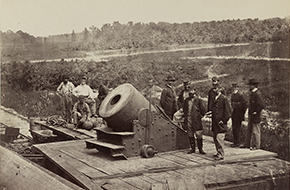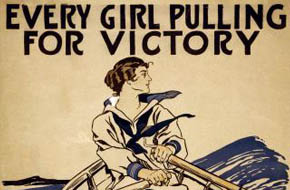Carrie Brown

Carrie Brown holds a Ph.D. in American Literature and Folklore from the University of Virginia. Working for more than thirty years as freelance history curator, she has developed exhibitions for museums, visitors' centers, and historic sites on a wide range of topics, including industrial history, transportation, and the Civil War. As a curator and speaker, Carrie delights in finding and telling stories about the connections between big historic events and our everyday lives. As a book group facilitator, Carrie guides readers through stories told by others–whether in fiction or nonfiction–exploring how the depth and breadth of human experience can be communicated through the written word.
Contact
Carrie Brown
Enfield, NH 03748
csb@carrie-brown.com
Cell Phone: 603-359-3072
Available Program Formats: In person or online presentations. Virtual only December through March.
Carrie Brown's Programs

Book Group - Titles related to “Coming of Age in America”
Carrie facilitates discussions on books relating to the theme of “coming of age in America.” This includes classic literature. If you are interested in reading books on these topics, please contact Carrie directly to confirm interest and availablity.
Contact
Carrie Brown
Enfield, NH 03748
csb@carrie-brown.com
Cell Phone: 603-359-3072
Available Program Formats: In person or online presentations. Virtual only December through March.
Book Groups offer an opportunity for participants to engage with diverse perspectives in the humanities through literature to build understanding, empathy, and to support a culture of reading in the Granite State. New Hampshire Humanities provides expert facilitators; host organizations must provide the books.

From Guns to Gramophones: Civil War and the Technology that Shaped America
Carrie Brown explores the technological triumph that helped save the Union and then transformed the nation. During the Civil War, northern industry produced a million and a half rifles, along with tens of thousands of pistols and carbines. How did the North produce all of those weapons? The answer lies in new machinery and methods for producing guns with interchangeable parts. Once the system of mass production had been tested and perfected, what happened after the war?
In the period from 1870 to 1910 new factory technology and new print media fueled the development of mass consumerism. While this program tells a broad, national story, it focuses on the critical and somewhat surprising role of Vermont and New Hampshire in producing industrial technology that won the war and changed American life.

Rosie's Mom: Forgotten Women of the First World War
One hundred years ago, a full generation before Rosie the Riveter, American women rolled up their sleeves and entered war industries where they had never been welcome before. They ran powerful machinery, learned new skills, and faced the sullen hostility of the men in the shops. In this illustrated lecture, historian Carrie Brown reveals their courage and their hard work, asks what impact "the Great War" had on their lives, and explores how these women helped shape the work that their more famous daughters would do in the next World War.